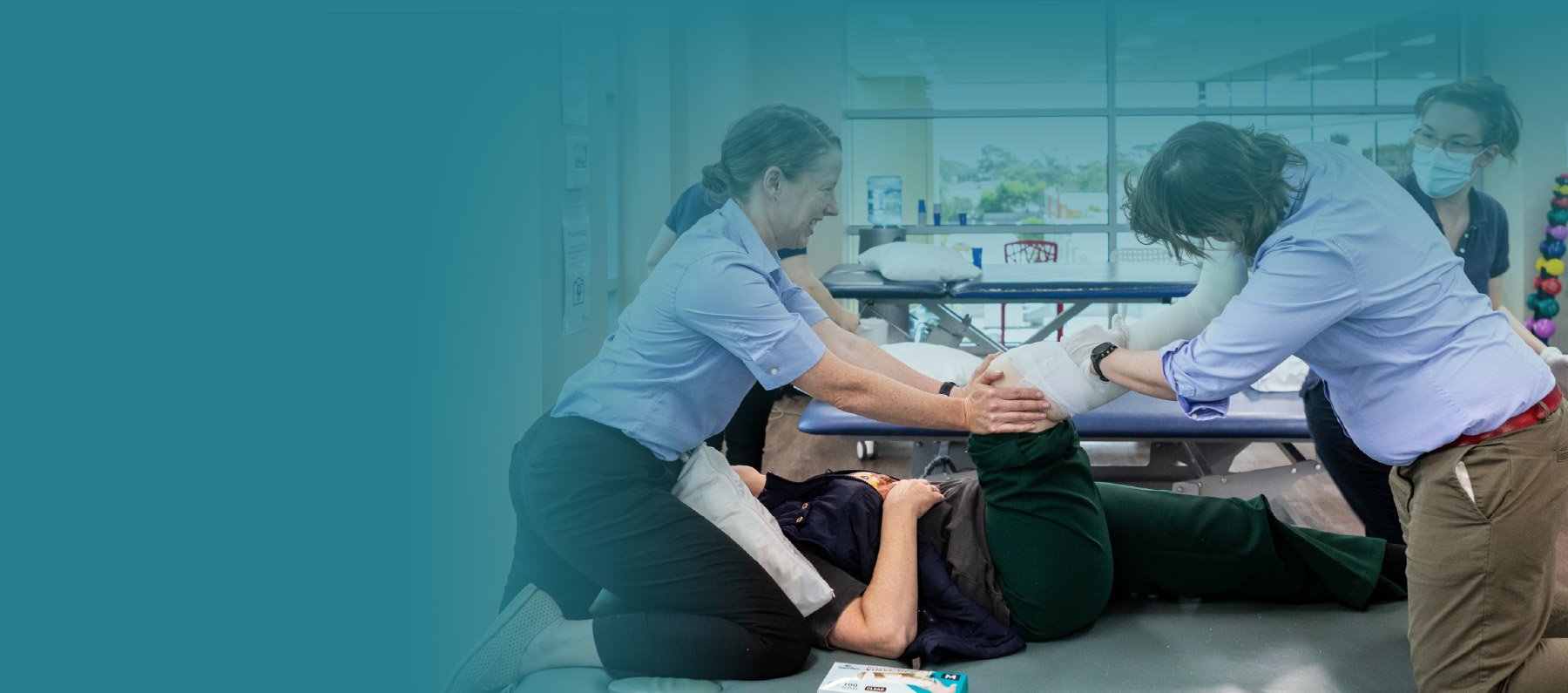
Conditions Treated
BRAIN INJURY
Acquired brain injury is a term to describe an injury to the brain which may have been caused from trauma, lack of oxygen, infection, or cancer. Some acquired brain injuries can occur following a single traumatic event such as a fall, sporting, or motor vehicle accident in which there is a high velocity or impact to the head. This may result in a mild traumatic brain injury also known as a concussion (see concussion management). There is a diverse range and severity of symptoms following a brain injury which may include behavioural and personality changes, changes in thinking, memory and learning abilities, communication or swallowing difficulties, visual and sensory changes as well as the impact to physical movement. Recovery from a brain injury can be slow but improvements can occur even years later. At the Neurological Rehabilitation Group, we can help to improve your quality of life, maximise your function and provide you with tailored treatment plan directed towards achieving your goals.
What We Offer
Our therapists have extensive experience treating people of all levels of ability and can support those requiring assistive equipment such as a hoist to transfer to those returning to running or sport. They will provide you with a comprehensive assessment of the areas affected in your specific case which may include analysing your movement patterns, muscle strength and joint range, sensation and proprioception, muscle coordination and abnormalities of tone or spasticity. They may also look at your posture and perception of midline alignment, as well as your functional abilities in lying, sitting, standing, walking and balance where appropriate.
Our therapists are equipped to provide you with a therapy plan which may include:
Education to facilitate a greater understanding of the health after brain injury
Hands on facilitation techniques to improve your ability to activate your muscles or achieve better movement patterns
Balance retraining, in some cases this may include vestibular rehabilitation and floor transfers practice in the event of a fall
Mobility practice including exploring new functional skills such as transfer, standing, gait training or stair climbing practice
Carer training to facilitate skill practice, identification of implementation barriers, equipment advice and positioning guidelines for home
Equipment recommendations including orthoses, splinting or gait aids which may require referral to a local or our speciality orthotic clinic
Advice and treatment regarding spasticity management (see our spasticity clinic for more information)
Review and prescribe wheelchair or tailored seating systems via our specialist posture and seating clinic
Develop a tailored program including stretching, strengthening and cardiovascular training to complete at home, your local gym or in clinic using our wide range of equipment. This may involve one of our exercise physiologists.
Off-site hydrotherapy
Group exercise classes for general fitness or balance
Our therapists can refer or liaise with health professionals involved in your care including your medical team, speech therapy, occupational therapy, dietitians, orthotists, or neuropsychologists. They will also liaise with your appropriate funding bodies to support your needs.
For more information and support:
Brain Injury Australia www.braininjuryaustralia.org.au/
BrainLink Services Victoria www.brainlink.org.au/
Synapse – Australia's Brain Injury Organisation www.synapse.org.au/
